The Medical Committee for Human Rights (MCHR) was founded in New York in July of 1964 as a way for mainly white and Northern medical professionals to provide support to civil rights workers in Mississippi at the height of the Civil Rights Movement and to raise awareness of the health care disparities due to racism in the United States.
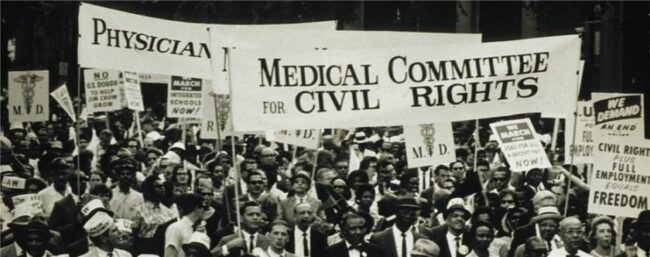
Source: Perspectives of Change
According to an article in the AMA Journal of Ethics,
Most of the founding members of MCHR were doctors who had been active in left-wing organizations like the Physicians Forum. Some were in private practice. Others taught in medical schools or were working in the field of public health. Among the first physicians to work in Mississippi that summer were Elliott Hurwitt, the chief of surgery at Montefiore Hospital; H. Jack Geiger, then a young professor at the Harvard School of Public Health; and John L.S. “Mike” Holloman, a prominent Harlem physician and one of a handful of Black doctors on the committee. Their Mississippi contact was Robert Smith, one of the few Black physicians practicing in the state and a civil rights activist. Overall, more than 100 health care professionals — mostly doctors, but also nurses, psychologists, and social workers — spent at least a week in Mississippi during what would later be known as “Freedom Summer.” Read more.
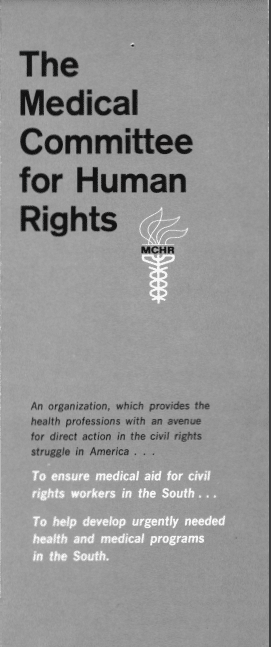
A pamphlet of the MCHR. Click on the image to read the full pamphlet. Source: Civil Rights Movement Archives
The volunteer medical workers of the Medical Committee for Human Rights were not only faced with the violent white racism of Mississippi, but also faced animosity from nonprofit organizations and the American Medical Association, which, according to the SNCC Digital Gateway, “. . . up until the late 1960s supported an official policy that allowed affiliated state groups to be racially-segregated, which resulted in African American physicians being denied hospital privileges.”
While the Medical Committee for Human Rights existed for two years, its impact has gone far and wide. In summing up this impact of the Medical Committee for Human Rights, John Dittmer writes for the AMA Journal of Ethics,
the Medical Committee for Human Rights left its mark on American history and provided a model for organizations that succeeded it, like Physicians for Human Rights and Physicians for a National Health Program, co-founded by Quentin Young. Their slogan “health care is a human right” has been dusted off to become the rallying cry of the new health care reform movement. Its most enduring legacy, then, has been the continuing social activism of its former members. Martin Luther King spoke to and for them when, addressing the annual MCHR convention in 1966, he said: “Of all the forms of inequality, injustice in health care is the most shocking and inhumane.” Read more.
Additional Resources
Martin Gittelman, PhD, Member of the Medical Committee for Human Rights and Participant in the 1964 Freedom Summer, a podcast interview (StoryCorps Archive)
Medical Committee for Human Rights (SNCC Digital Gateway)
Medical Committee for Human Rights Newsletter, May 1965
Medical Committee for Human Rights Records and Archives (University of Pennsylvania Archives)

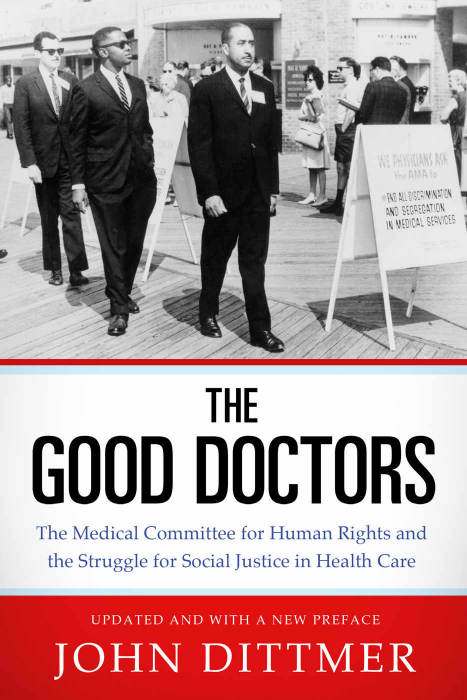
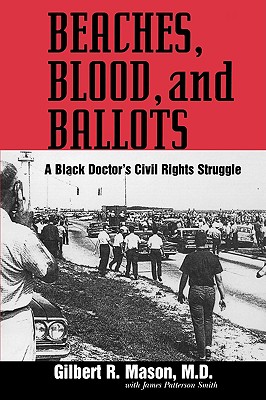
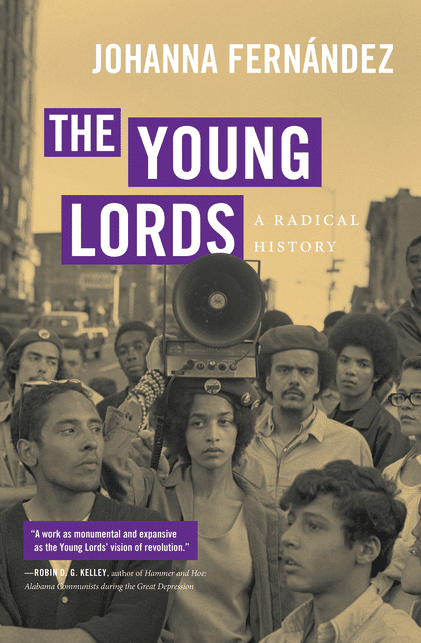
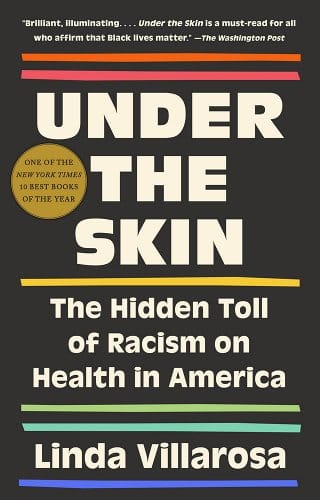
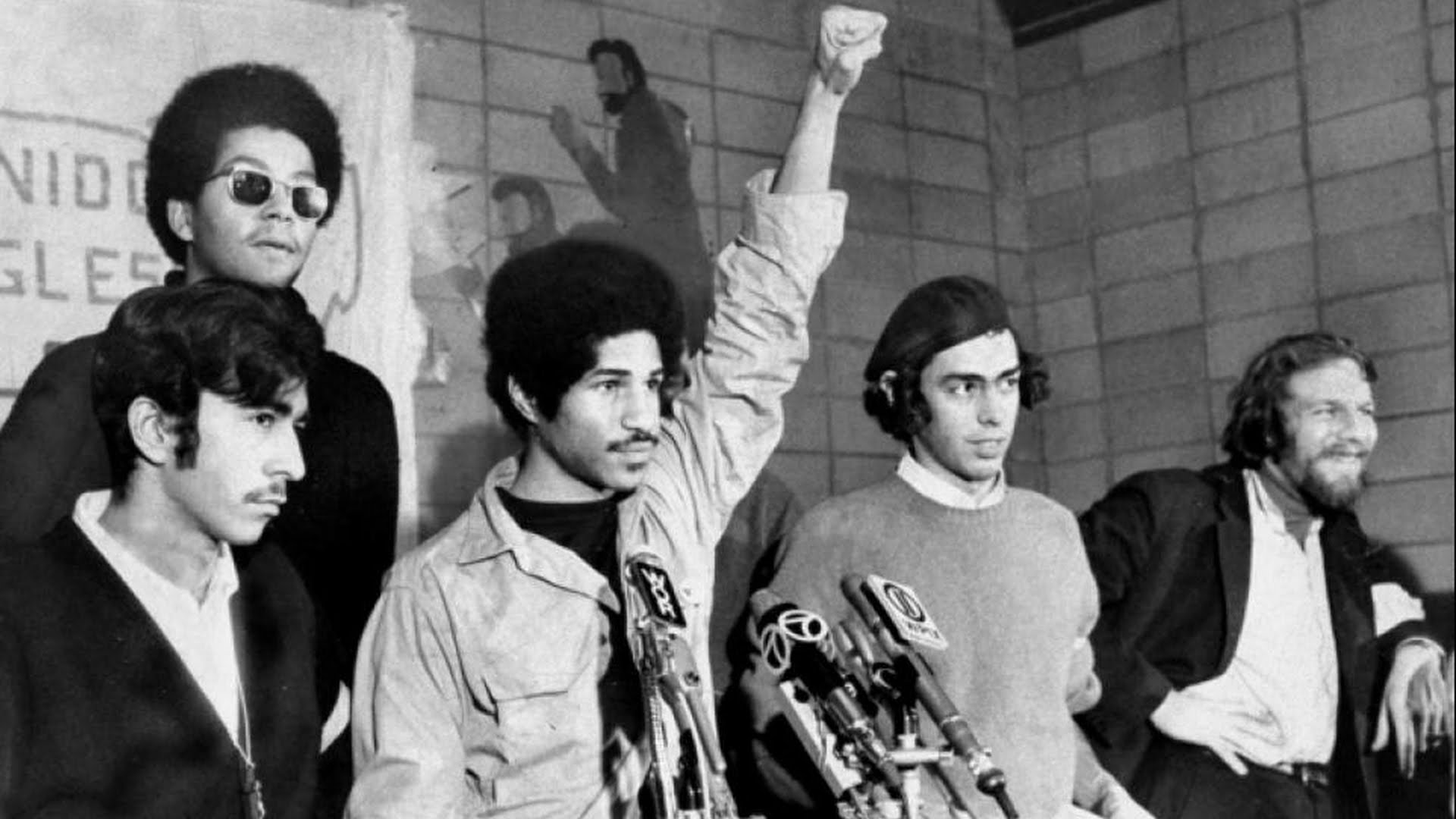





Twitter
Google plus
LinkedIn